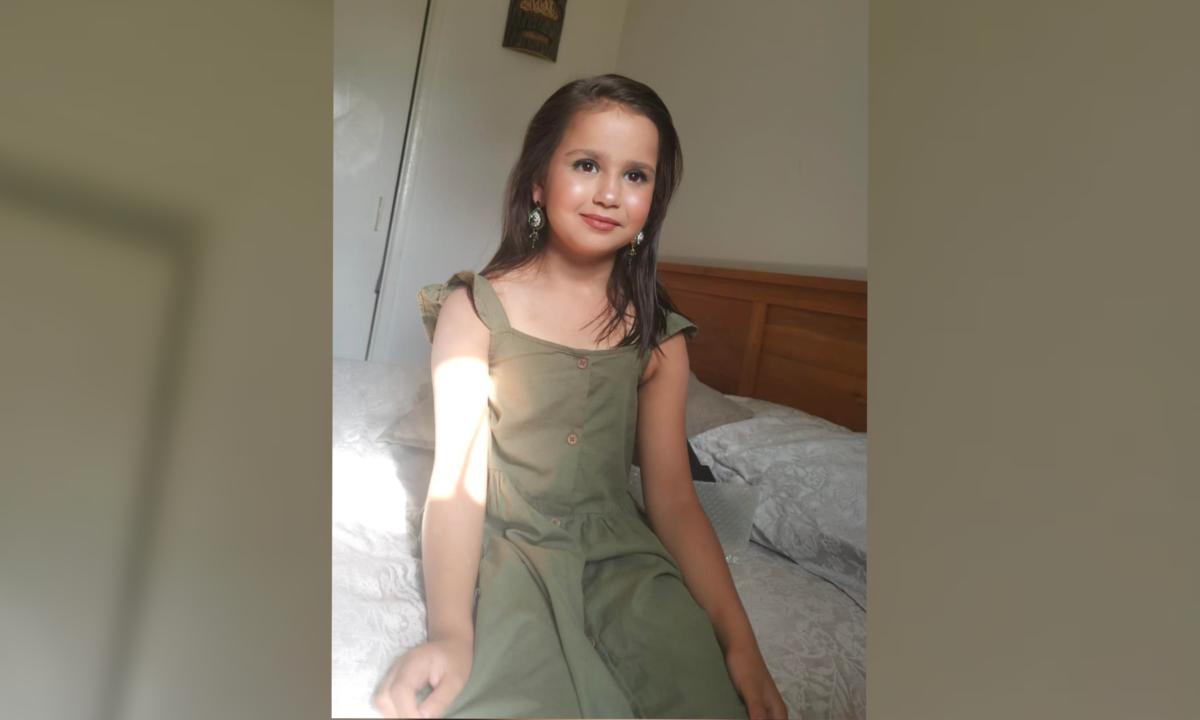A campaigner has accused the government of “exploiting” a tragedy after a bill restricting home education rights was introduced on the same day that Sara Sharif’s family was jailed for life for her brutal murder.
The right to home education will no longer be automatic for parents of children deemed “at-risk” because they are subject to a child protection order or under investigation, with the proposed legislation unveiled in Parliament on Dec. 17, just after the sentencing of the young girl’s killers.
The horrific case saw Sara’s father Urfan Sharif, 42, and stepmother Beinash Batool, 30, convicted of her murder, and her uncle Faisal Malik, 29, of causing or allowing her death. The child’s battered body was discovered at her family home in Woking, Surrey in August last year following sustained physical abuse which the judge said amounted to “torture.”
Sara attended school for most of her short life, until she was pulled out by her family in April 2023, despite teachers having noticed marks on her face and referring her to social services, to whom she was known even before she was born.
Prime Minister Sir Keir Starmer told MPs on Dec. 18, in response to a question from the MP for Sara’s constituency, Will Forster, about the need for an independent investigation into the various agencies of the state, that home education would be reexamined.
“It is important that all the lessons are learnt. An independent process is taking place, but we must be clear about the need to overhaul children’s social care to keep young people safe, and to look again at the framework for home schooling, among other things,” he said.
In the House of Lords, the Bishop of Guildford prompted a short debate when he asked the government “whether they plan to review the rules on home schooling in the light of the murder of Sara Sharif?” with a number of peers speaking about the need for greater regulation.
Wendy Charles-Warner, a home educator for many years and chair of Education Otherwise, told The Epoch Times that such a horrific case of abuse and neglect should not be taken advantage of by the government to try and restrict home education, which she said is often poorly understood and “othered.”
“Everybody, any sensible, sane person, would support the idea of additional professional curiosity and checks for a child on a Child Protection Plan who’s on a plan for a good reason, anybody would,” she said.
Malicious Referrals
Charles-Warner said that the majority of social service investigations do not result in child protection orders, usually because there is no abuse or neglect ongoing. Malicious referrals can be made by abusive ex-partners, for example, as a way of trying to gain control of children or a parent, but this would be recorded on file as contact with social services even where no harm has been done.“Around 78 percent of investigations do not result in a protection plan,” she said, adding that under the new legislation, parents could still see their right to home educate restricted simply because they were once investigated.
“It’s quite common for schools to make a referral to children’s services on the basis that the parent has de-registered, and the school does not think that home education is a good thing,” she said, adding this leads to a “cyclical” problem where home educated children come onto the radar of social services.
Charles-Warner said that education officers who oversee home education have told her there are many social workers “who think that all home education is abuse” and that this bill will only add to the suspicion around parents not sending their children to school, even though there is no legal requirement to do so.
At the same time, 39,200 children were registered as missing education, which is an increase from an estimated 33,000 in the previous year. Missing education does not mean persistently absent, but that a child is neither attending school nor being home educated.
Reasons why parents choose home education are complex and varied, but include poor quality education, bullying and an unsafe school environment, as well as children with special needs or mental health issues not receiving adequate support. Other parents cite philosophical reasons or objections to the teaching of potentially harmful material, such as gender ideology, while some children appear to learn better and are happier at home.

ID Numbers for Children
Ahead of the introduction of the Children’s Wellbeing and Schools Bill, Education Secretary Bridget Phillipson said too many children have been “failed” by the state. The government plans to give every child an ID number, which it says will help with data sharing across various different services, “preventing children from falling through the cracks.”The bill also seeks to introduce a register for children not in school, which Labour had pledged in its manifesto, but the legislation goes further in giving local authorities the power to enter family homes and require school attendance for any child if the environment is assessed as unsuitable or unsafe.
The Department for Education said the new measures should ensure teachers and schools are always involved in decisions around safeguarding children in their area.
Children’s Commissioner Dame Rachel de Souza, who has consistently called for the register of children not in school and for ID numbers, said in a statement following the sentencing of Sara’s family that the judge “was clear that removing Sara from the protection of her school, under the guise of ‘home education’ is evidence of a system too easily manipulated by people with terrible intentions.
“Despite there having been evidence of violence at home since birth, Sara was not under any intervention from social care when she died. The Bill must therefore go further in protecting children like her, making it impossible for a child ever known to social care for abuse or neglect to be home schooled.”
Sentencing her family to life imprisonment at the Old Bailey, Mr. Justice Cavanagh said that Sara’s murder “starkly illustrates the dangers” of parents automatically being able to home educate their children.
He added: “It is a matter of concern that parents who are abusing or who have malign intent towards their children appear to be able to home school more or less at will and without supervision.”
Despite having had concerns raised about her care within a week of her birth in 2013, and with Surrey County Council repeatedly warning that Sara was likely to suffer abuse, she was not subject to any social care measures when she died.
‘Controlling and Restrictive’
Charles-Warner accused the government of being “controlling and very restrictive of parental choice and conflating home education with missing school and with child abuse.”On the decision to bring the bill before Parliament on the day of sentencing, she said: “It’s exploiting a dead child.
“We were told not to expect it before Christmas ... but mysteriously, it’s suddenly come out on the day of sentencing of a child murderer.”
She added: “For four months in her life, that child was withdrawn to reportedly be home educated. Those four months also covered school holidays ... and the media and the judge in the case are damning home education as being effectively the cause of that child [being] murdered because there was no purported professional oversight.
“I want to know why there was no professional oversight of a child who was known to be in an abusive family, and a child for whom numerous referrals were already made.”







